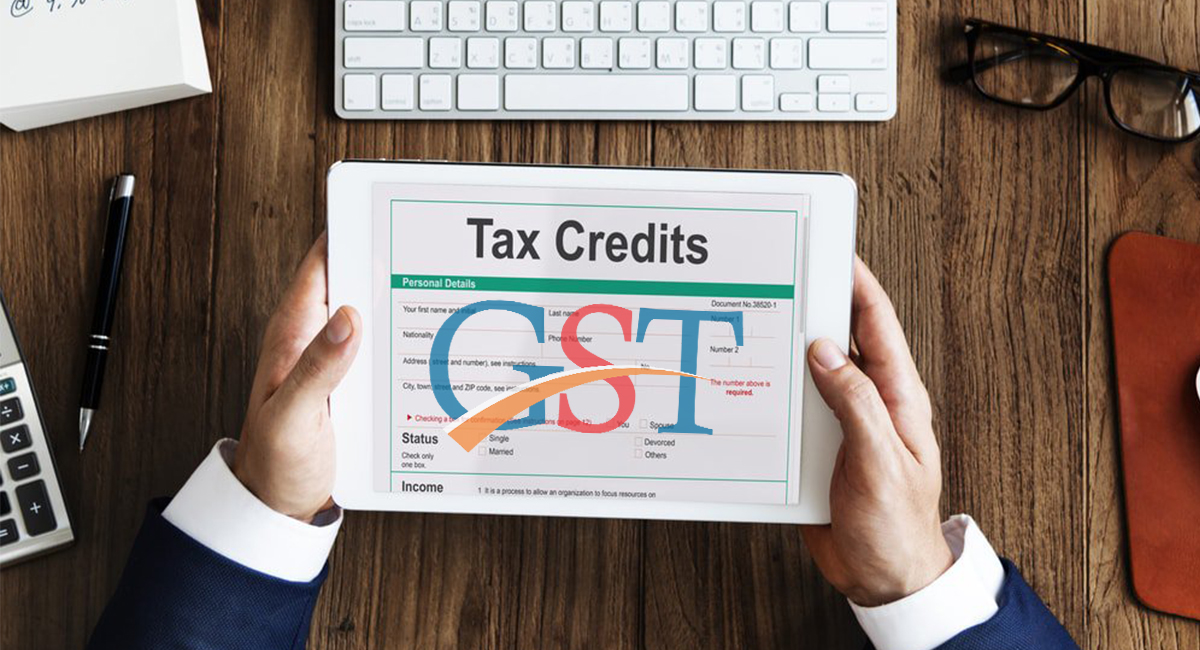In this meeting of GST Council, it has been declared that the input tax claim will not exceed 10% of the available credit limit (Central Tax Notification). Earlier this limit used to be 20% of the available input tax credit limit.
The GST Council has made changes in the rate of input tax credit restriction limits. The input tax credit is restricted to be withdrawn when the details furnished by the supplier does not match that furnished by the dealer or the manufacturer.
Reduction in the limit may effect available input tax credit will be reducing the flow of working capital for the businesses. This will put additional burden on businesses which are already suffering with unmatched credits. This move has been aimed at enforcing a better discipline in tax payment, reporting and credit ecosystem.
The credit limit should not exceed by 10% of the GSTR 2A invoice. The businesses will be hit by a serious cash flow issue if they are not able to counter the invoicing issue properly as it will restrict the cash flow that are made due to input tax credit. So, it becomes increasingly important to ensure that the invoicing is done properly during the sale/ purchase of goods and services.
The Form GSTR 2A also needs to be checked every time input tax credit is to be withdrawn.
It was only in October this year that the Government has come up with Input tax credit rule and now there is another change in this meeting that has come up with the reduction in the rate of restriction of the GST that has been suggested.
These frequent changes are very unsettling for the businesses especially the small traders and business people who have to spend for maintaining the compliance. Keeping a watch on the regulations every month or so, is tedious for them and is posing a restriction in making them compliant and effective. The Government needs to make a fixed framework for devising changes in the GST Act and should follow a timeframe to make changes to the Act. Every now and then coming up with some new reforms make the already complicated GST even more complicated and difficult to comply with.
The GST Council has made changes in the rate of input tax credit restriction limits. The input tax credit is restricted to be withdrawn when the details furnished by the supplier does not match that furnished by the dealer or the manufacturer.
Under the following circumstances input tax credits are restricted:
- If the supplier is unregistered.
- If the supplier has chosen composition scheme.
- If the goods are not purchased with invoice.
- If the invoice is not having the details of the amount of tax.
- If the goods purchased are in the exempted category other than exports.
- If the goods are purchased for personal consumption.
- In case of interstate good purchases.
- In case of motor vehicles and conveyances.
The credit limit should not exceed by 10% of the GSTR 2A invoice. The businesses will be hit by a serious cash flow issue if they are not able to counter the invoicing issue properly as it will restrict the cash flow that are made due to input tax credit. So, it becomes increasingly important to ensure that the invoicing is done properly during the sale/ purchase of goods and services.
The Form GSTR 2A also needs to be checked every time input tax credit is to be withdrawn.
It was only in October this year that the Government has come up with Input tax credit rule and now there is another change in this meeting that has come up with the reduction in the rate of restriction of the GST that has been suggested.
These frequent changes are very unsettling for the businesses especially the small traders and business people who have to spend for maintaining the compliance. Keeping a watch on the regulations every month or so, is tedious for them and is posing a restriction in making them compliant and effective. The Government needs to make a fixed framework for devising changes in the GST Act and should follow a timeframe to make changes to the Act. Every now and then coming up with some new reforms make the already complicated GST even more complicated and difficult to comply with.


Comments
Post a Comment